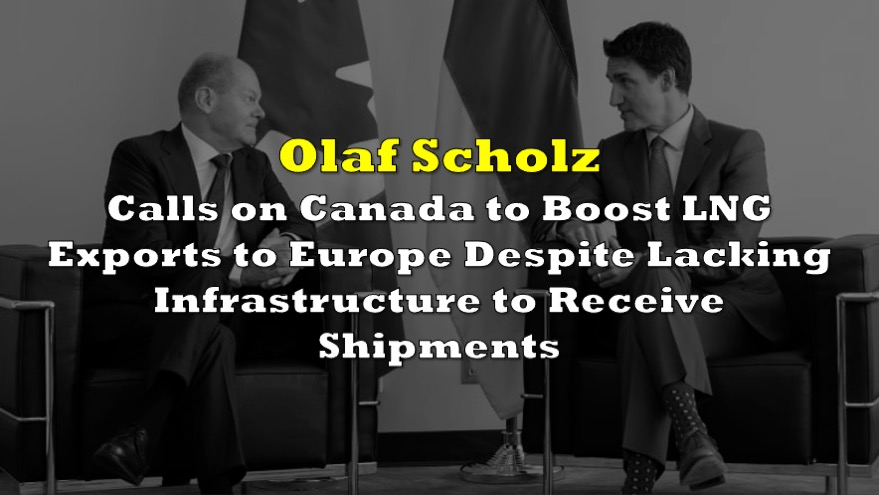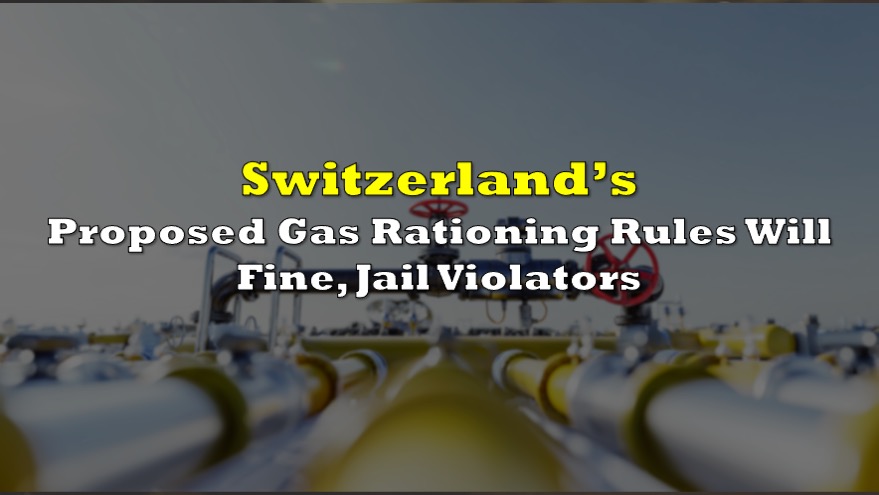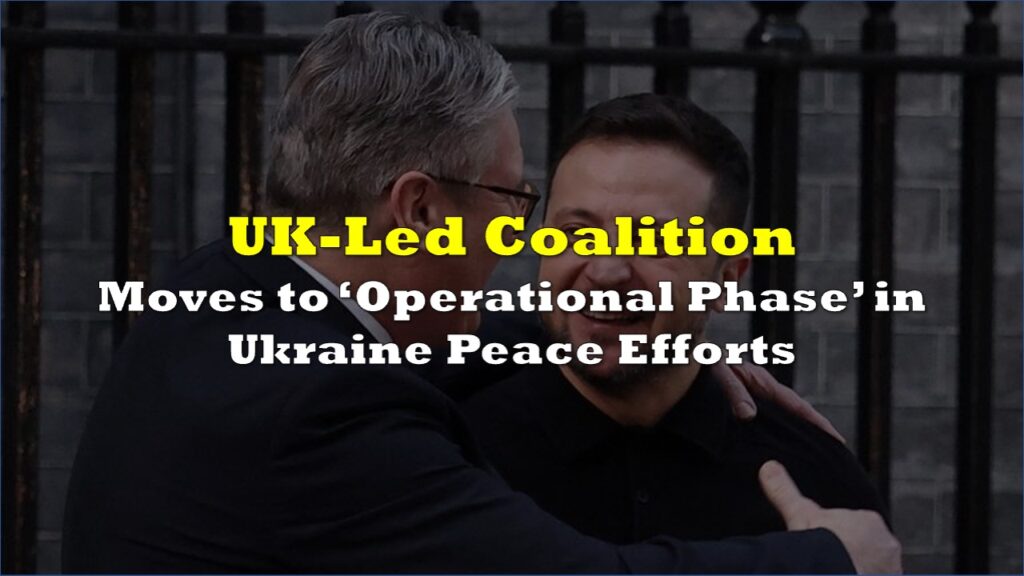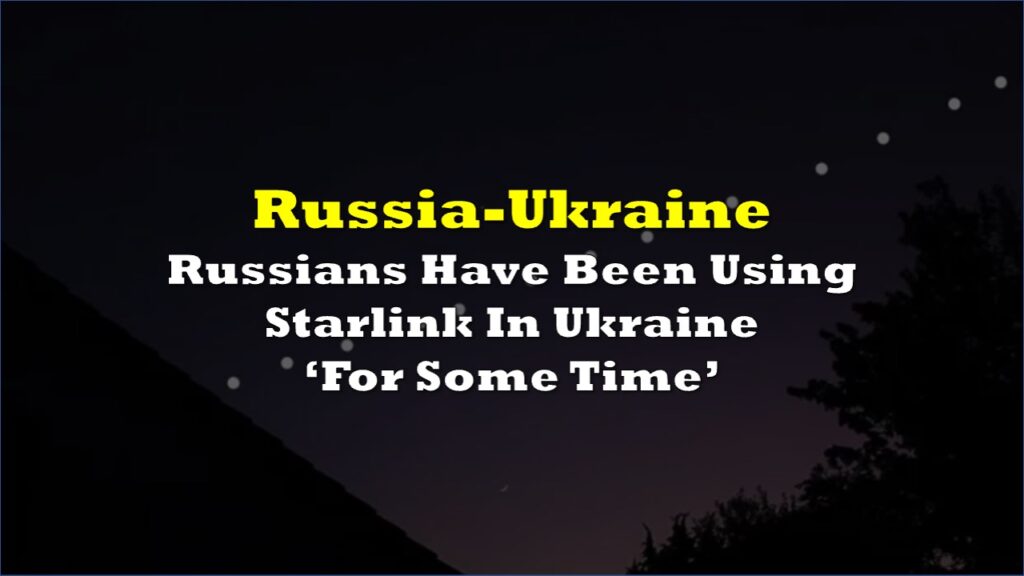With a catastrophic energy crisis looming around the corner, Germany is calling on Canada to boost LNG exports to Europe, despite lacking infrastructure to receive such shipments let alone having a concrete plan on how to go about such a business case.
In a television interview with CBC News, German Chancellor Olaf Scholz said he wants Canada to increase shipments of natural gas to the EU in order for the continent to become less energy-reliant on Russia. According to him, the war in Ukraine will only end once Vladimir Putin realizes that politicizing Europe’s energy supply is destined to fail. However, he admits such a plan is riddled with obstacles given that the continent currently lacks necessary infrastructure to receive LNG shipments, and the move likely won’t be profitable in the long run.
"We would really like Canada to export more LNG to Europe, yes," German Chancellor Olaf Scholz tells Vassy Kapelos in an exclusive television interview with @PnPCBC. Catch the full interview at 5:00 p.m. ET on CBC News Network. pic.twitter.com/LAPOxSSaSP
— Power & Politics (@PnPCBC) August 23, 2022
“We would really like Canada to export more liquefied natural gas to Europe,” Scholz said. “We are creating the atmosphere for very direct talks between the business sectors of Canada and Germany [to see] If there is something which could be done now in this very crisis … but this is part of the follow-up between the businesspeople of the two countries.” He added that a business case for such an agreement still has to be worked out, but “if it’s too expensive, it will not fly.”
Earlier this week Prime Minister Justin Trudeau said that if Europe were to get more natural gas imports from Canada, supplies would have to be shipped via pipeline from western Canada to a liquefaction terminal that has yet to be built on the Atlantic coast. He said that such a project would be very costly, and likely not deem profits in the long run. “One of the challenges around LNG is the amount of investment required to build infrastructure for that,” Scholz said. “There has never been a strong business case because of the distance from the gas fields, because of the need to transport that gas over long distances before liquefaction.”
Still, even if Canada and Germany could come to a business agreement, Germany lacks infrastructure needed to receive LNG shipments. “We have not built terminals for importing liquid natural gas to Germany at our own shores in the north,” Scholz admitted. “This is what we are changing now … We will build ports, at many places, for importing natural gas, liquid natural gas, LNG, and this will really make a difference.” He assured that such pipeline and terminal facilities will be ready for use come January, allowing Germany to start receiving LNG supplies via cargo ship.
In the meantime, natural gas prices in the EU are surging once again, after Russian-owned Gazprom reduced Nord Stream 1 capacity to only 20%, citing scheduled maintenance. Germany, for its part, has been attempting to stockpile natural gas reserves ahead of the winter season, as well as limit gas use by households and certain industries.
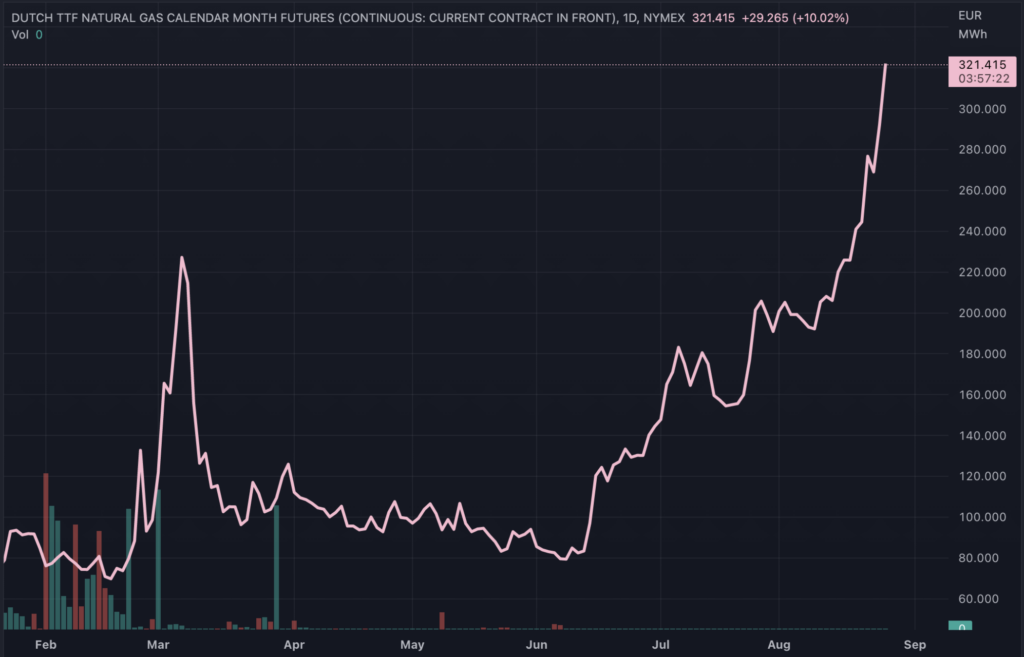
Information for this briefing was found via CBC News. The author has no securities or affiliations related to this organization. Not a recommendation to buy or sell. Always do additional research and consult a professional before purchasing a security. The author holds no licenses.

